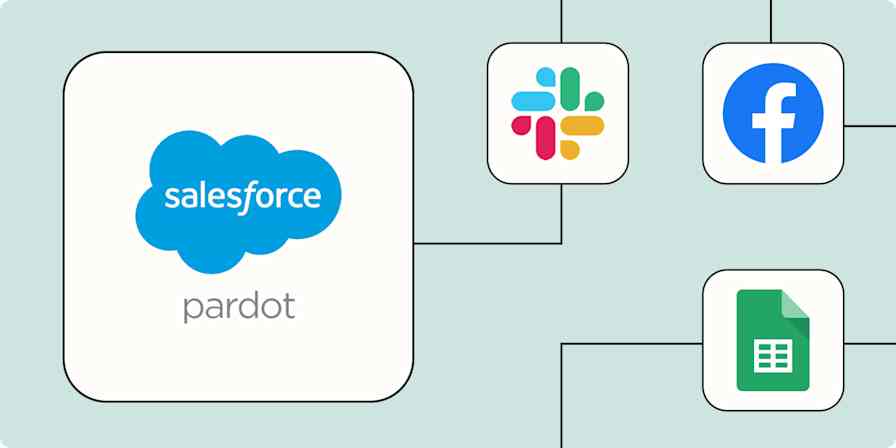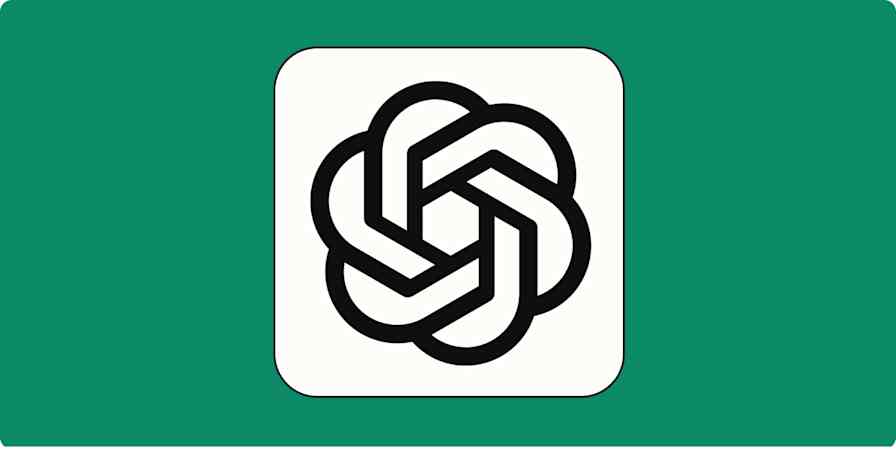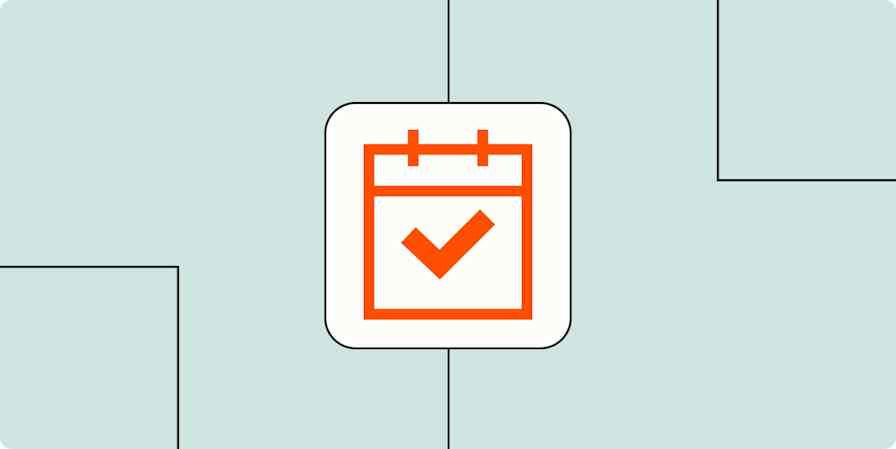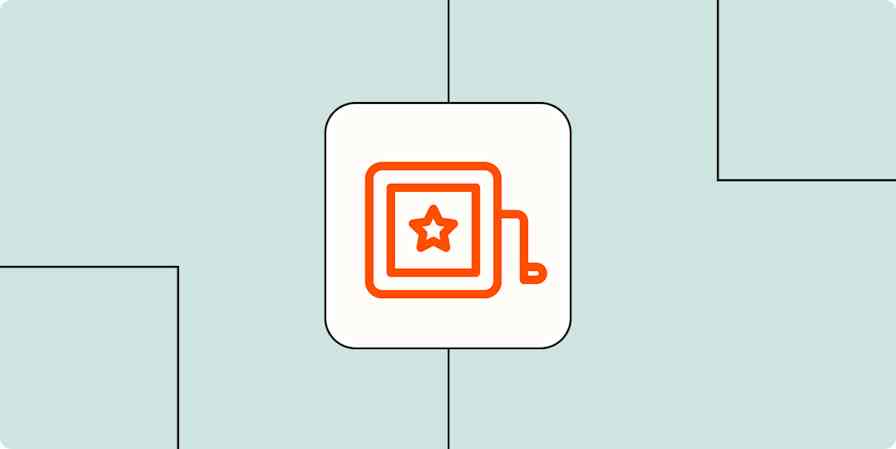Every year, there are infinite little holidays you can build marketing content around. But while it's helpful to know that February 5 is World Nutella Day if you're selling Nutella, you shouldn't build your marketing calendar around holidays like these, unless they're highly relevant to your business or your customers.
So instead of sharing a laundry list of every fun-but-obscure holiday, we narrowed in on the most crucial dates (and seasons) marketers need to remember in 2022. Here's your 2022 marketing calendar.
2022 marketing calendar
These are the can't-miss events, dates, and seasons that matter for just about every marketer—the ones you should plan and prepare for well in advance.
(If you're looking for a basic list of dates, you can find the major holidays in 2022 below.)
1. New Year's resolution season
When: January
'Tis the season of "New Year, new me." The beginning of the year is a powerful time, filled with feelings of limitless potential (and inevitable disappointment—but that usually happens later in the year).
Since most New Year's resolutions are about personal wellness, it's a key time for health and fitness marketers to bring in new customers. But almost every niche can benefit from the renewed energy people have. Aspirational marketing works well, showing customers and clients what their life or work could be like if they buy what you're selling.
As you're marketing to these customers, make sure you're developing a nurture plan to retain them long after January ends.
2. Marketing conferences and events
When: All year
Marketing conferences fall throughout the year, but they're a big deal to plan for. So it's worth taking time at the beginning of the year to decide which ones you'll attend and hash out a strategy to make the most of them.
Here are some of the most prominent marketing conferences taking place in 2022:
| When | Where | Who | Cost | |
|---|---|---|---|---|
| MailCon | January 11–13 | Las Vegas, NV | Email and omnichannel marketers | $349 |
| SXSW | March 11–20 | Austin, TX | Creatives and the brands who serve them | $399–$1,525 |
| Ad World | May 2–3 | Virtual | Advertisers and marketers | $69–$224 |
| Confab | May 9–12 | Minneapolis, MN | Content marketers | $1,595–$2,795 |
| MozCon | July 11–13 | Seattle, WA | SEOs, content marketers, and CROs | TBD |
| MOPsCON | September 20-21 | Virtual | Marketing operations | TBD |
| ZapConnect | October 20 | Virtual | Marketing operations, advertisers, sales operations | Free |
Of course, just showing up to an event doesn't guarantee you or your company will get any value out of it. I chatted with several marketers who've attended these conferences in recent years to get their advice for making the most of the experience. Here's what they said:
Prepare. SEO consultant Itamar Blauer and Harriet Chan of CocoFinder both told me that preparation was no joke. That means knowing which events you'll attend and what your networking goals are.
Participate. Daivat Dholakia of Essenvia talked about the importance of participating in some way, whether it's through presenting, facilitating sessions, or volunteering. "Once the conference has been posted, check with the organizers to see if there are options for you and your team to get involved," he said. "By taking a visible role, you go from being just one of the hundreds or thousands of participants to someone who's set apart from the crowd."
Ask questions. Trenton Erker of Seattle PPC Agency suggested not focusing on yourself: "At MozCon 2017, I sat at a table and saw two people get asked by what seemed like everyone for their contact information, card, or social media. What I saw each of them do was ask questions—both about the other person's business and personal life—and hardly ever mention anything about themselves until asked."
Follow up. Emily Anderson of ROI Hacks encourages people to think beyond the conference itself. Yes, you have to make connections there, but "these new acquaintances won't help you in the long term if you don't follow up with them."
Here are more tips for how to get the most out of in-person conferences and virtual conferences.
3. Super Bowl LVI and March Madness
When: Super Bowl LVI takes place on February 13; March Madness begins on March 13, with the Final Four games on April 2 and 4
I wouldn't highlight most sporting events as a big deal for marketers, but there are two that stand out each year: the Super Bowl and March Madness. They're technically regional holidays, but both have an outsized cultural impact and pack a wallop of marketing potential. Super Bowl commercials are (in)famous for a reason.
With so many people watching and focused on these events, they're well worth trying to capitalize on. Here are a few ideas to consider:
Build a branded March Madness bracket and promote it on your social media channels and via email. Here's an example from Morning Brew.
Create your own "Super Bowl commercial," and share it with your audience.
Follow along during big games, and be ready to jump on whatever happens, if it's relevant (think: Oreo during the 2013 Super Bowl blackout).
Offer themed discounts or sales if it makes sense for your business (probably not worth an LVI% discount, but you never know).
4. Summer slump
When: ~June through August
It's normal for many businesses to slow down a bit during the summer months. Consumers often spend less during this time, and there's a lull in holidays and events to plan for.
That's why summer (or whenever your business slows down) is the perfect time to give your team a leg up for the future. Here are a few ideas to help you make the most of your downtime:
Spend time automating marketing tasks, so you're efficient and ready to rock when things pick up again.
See if there are new ways your marketing team can better leverage their time. Here are 9 tips to get you started.
Find local or niche events to attend. Conferences like SearchLove, DigiMarCon, Advertising Week, Product Marketing Summit, and more have multiple events each year that take place in different cities. Bizzabo and Online.Marketing are great resources for finding these events.
Take a vacation. (Seriously.)
5. Black Friday, Cyber Monday, and holiday shopping season
When: Early October through the end of the year
Black Friday officially kicks off the holiday shopping season in late November, but eCommerce brands and the companies who serve them need to prepare for the rush well before then: you'll want to start planning for the holiday season in early October at the latest. Here are some suggestions:
Plan out any sales and promotions (including how you'll promote).
Anticipate which products will be best sellers, so you can optimize inventory and make a plan to boost sales of other products.
Revisit your online store to ensure it looks professional, works seamlessly for customers, automates as much of the back-end as possible, and is ready to handle all the holiday traffic.
Prepare and schedule content—and secure creative—for your emails, blog posts, social media, and anywhere else you plan to promote your store.
6. End-of-year review and planning for the upcoming year
When: December
The new year will sneak up on you, so be sure you reflect on how your marketing performed over the past year—what worked, what didn't, and how you can optimize your strategy and tactics moving forward.

You can use our end-of-year marketing audit template, which will help you analyze your objectives, channels, campaigns, workflow, resources, and outlook, asking yourself:
What you did
How it worked
What didn't work
What you want to try next year
What's next
Once you've done that, you can use our goal-setting worksheet to help plan for the year ahead.
Major holidays for marketers to remember
Wondering if Easter timing will align well with your planned spring campaign? Below are dates for the major U.S. holidays marketers might want on their radar.
January
January 1: New Year's Day
January 17: Martin Luther King, Jr. Day
February
February 2: Groundhog Day
February 13: Super Bowl Sunday
February 14: Valentine's Day
February 21: Presidents' Day
March
March 13: March Madness begins
March 17: St. Patrick's Day
April
April 2 and 4: March Madness Final Four
April 17: Easter
April 22: Earth Day
May
May 8: Mother's Day
May 30: Memorial Day
June
June 19: Father's Day
June 19: Juneteenth
July
July 4: Independence Day
September
September 5: Labor Day
October
October 10: Indigenous Peoples' Day / Columbus Day
October 31: Halloween
November
November 11: Veterans Day
November 24: Thanksgiving
November 25: Black Friday
November 26: Small Business Saturday
November 28: Cyber Monday
November 29: Giving Tuesday
December
December 25: Christmas
December 31: New Year's Eve









